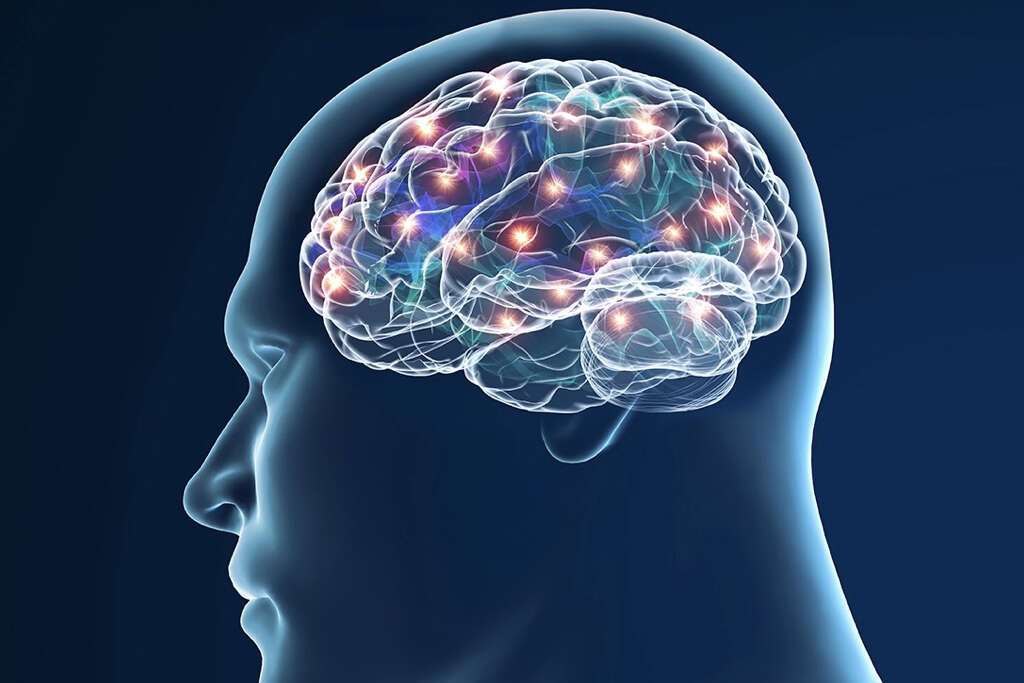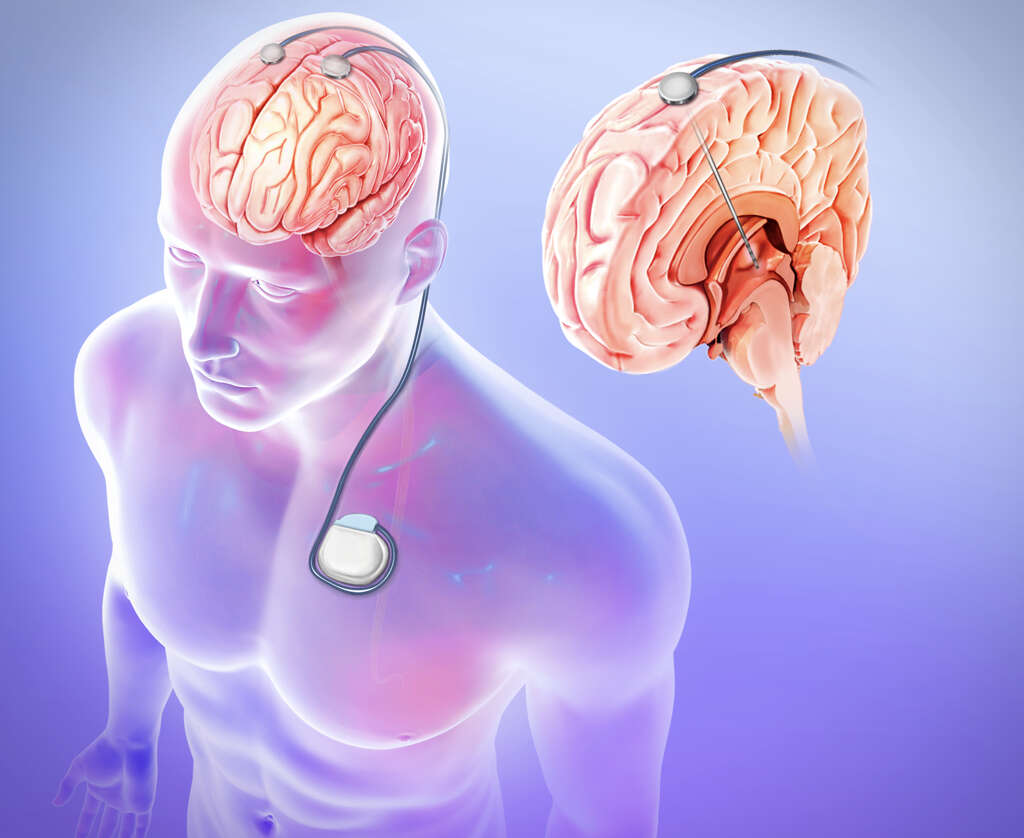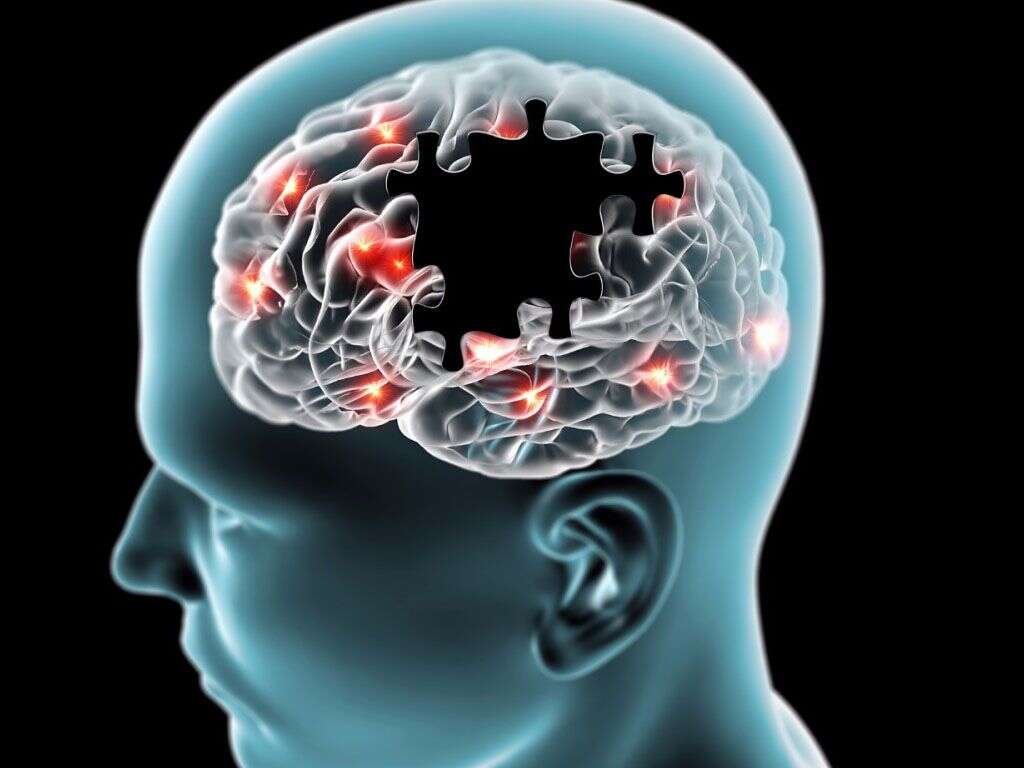What Is Capgras Syndrome?
The human brain is an incredibly complex organ. As beneficial as this is, it also has its downsides. The more complex something is, the more that can go wrong with it, and this does sometimes happen. The brain can do some very unusual things and have a profound impact on some people.
Capgras syndrome is a condition that can be devastating to whole families. It can test the relationships of even the closest of people and leave people in need of professional support. It is a condition that means the patient becomes convinced that their loves ones are not their loved ones at all, but imposters.

1. Capgras Syndrome
For the most part, people are easy to recognize from others. They can be identified by their facial features, their voice, their mannerisms, and a number of other things. When we see somebody that we know, we will usually be able to recognize them straight away. But this is not always the case.
Some people will develop a condition known as Capgras syndrome, which is also known as imposter syndrome. the condition causes the patient to believe that a loved one, or a carer, is an imposter. The condition can be distressful for the patient and also for people that are close to them.

2. Causes
There is a lot that we don’t know about Capgras syndrome. We do know, however, that it is closely associated with neurodegenerative disorders. Schizophrenia is also behind the condition in some cases. In addition, injuries to the brain are thought to be behind the condition in some cases. Epilepsy can also cause the condition in some cases.
Where brain injuries are concerned, studies have shown that patients with the condition have suffered damage to the right hemisphere. This is the part of the brain that allows us to process facial features to recognize different people. While there can be physical reasons behind the condition, cognitive causes are also likely.

3. Delusional Misidentification Syndrome
Capgras syndrome is a variety of delusional misidentification syndrome. This is an umbrella term for a number of disorders in which the patient forms delusions about themselves or other people. Delusions are instances where somebody has formed firm beliefs that something is true despite all evidence to the contrary.
It is thought that the patient will form a delusion that somebody is an imposter when they are not. They recognize that the person has an identical face, but is yet convinced that they are really a different person. It is understandably a condition that can be heart-breaking for people that are close to the patient.

4. Neurodegenerative Disorders
As mentioned, Capgras syndrome in a condition that’s closely associated with neurodegenerative disorders. This includes Lewy body dementia, which is caused by the buildup of Lewy bodies in the brain. Lewy bodies are a type of protein. Capgras syndrome is also closely associated with Parkinson’s disease.
Parkinson’s disease itself is associated with psychosis, a condition that has hallucinations as one of its key symptoms. Around 40% of people with Parkinson’s will develop psychosis of some form at some point during their illness. Those patients that do show symptoms of psychosis are more likely to go on to develop Capgras syndrome.

5. Telephone Calls
As mentioned, Capgras syndrome is associated with the part of the brain that helps to process peoples’ faces. The patient can be looking right at a person and believe they are an imposter, despite recognizing that the face is identical. The condition is not as strong when the patient is not looking at a person’s face, however.
While the patient might believe a person is an imposter when looking at them, it is often different when speaking to them. For example, the patient can often hold a telephone call with the same person and accept that they are who they say they are.

6. Risk Factors
As Capgras syndrome is associate with neurodegenerative disorders, it makes sense that people in their older years are more prone to developing in. People with Parkinson’s disease are prone to the condition, and around 15% of people with Alzheimer’s will develop it at some point. Around 16% to 28% of people with Lewy body dementia are expected to get Capgras syndrome.
Other risk factors include people with anxiety, who are ten times more likely to develop Capgras disease than other people are. Deep brain stimulation is a treatment for Parkinson’s disease that is thought to increase Parkinson’s patients’ chances of developing Capgras syndrome.

7. Symptoms
The main symptom of Capgras symptom is the delusion that even people close to them are imposters. It doesn’t matter how much people might try to convince them otherwise, but the delusion remains regardless. It used to be thought that violence was another symptom, but it is now thought that this is not down to Capgras itself.
It is not only people close to them that Capgras patients struggle with. They can also suffer the same delusions with people that they known less well. Even some pets might be though to be imposters and, in some cases, the patient might even be convinced that an object is a fake?

8. Diagnosis
As with other psychotic disorders, reaching a conclusive diagnosis can be difficult and will need to be done by experts in the field. Doctors will need to examine the patient’s mental abilities and take them into consideration. Doctors will also need to speak with people that are close to the patient.
They will also need to look for signs of other neurodegenerative disorders. In addition to asking the patient to perform a number of tests, doctors might also want to perform an EEG or MRI. This can help them to look for lesions or any other damage to the brain that might help them come to a conclusion.

9. Helping Families
While the patient should obviously be given all the help that they need, the plight of their families should also not be forgotten. People close to the patient will often need to be given counselling to help them cope with the ordeal they are going through.
Many will also be taught some of the skills to help them communicate effectively with the patient. One example of this is to teach them to communicate with the patient verbally first before showing themselves. Extra care will need to be taken in some cases in case the patient turns violent to protect themselves against what they believe to be an imposter.

10. Treatment
In some cases, there may be an underlying medical condition contributing to Capgras syndrome. If there is such an underlying cause then treating this may help to treat the syndrome. Medication may also help to at least limit the symptoms of the conditions in some cases.
Therapy for the patient is also often recommended. This may be able to help the patient, and their family, to understand the condition better. This can, in turn, help them to manage the condition. It is common that the patient will feel the supposed imposter is there to do them harm, and therapy can also help them to feel safer.












